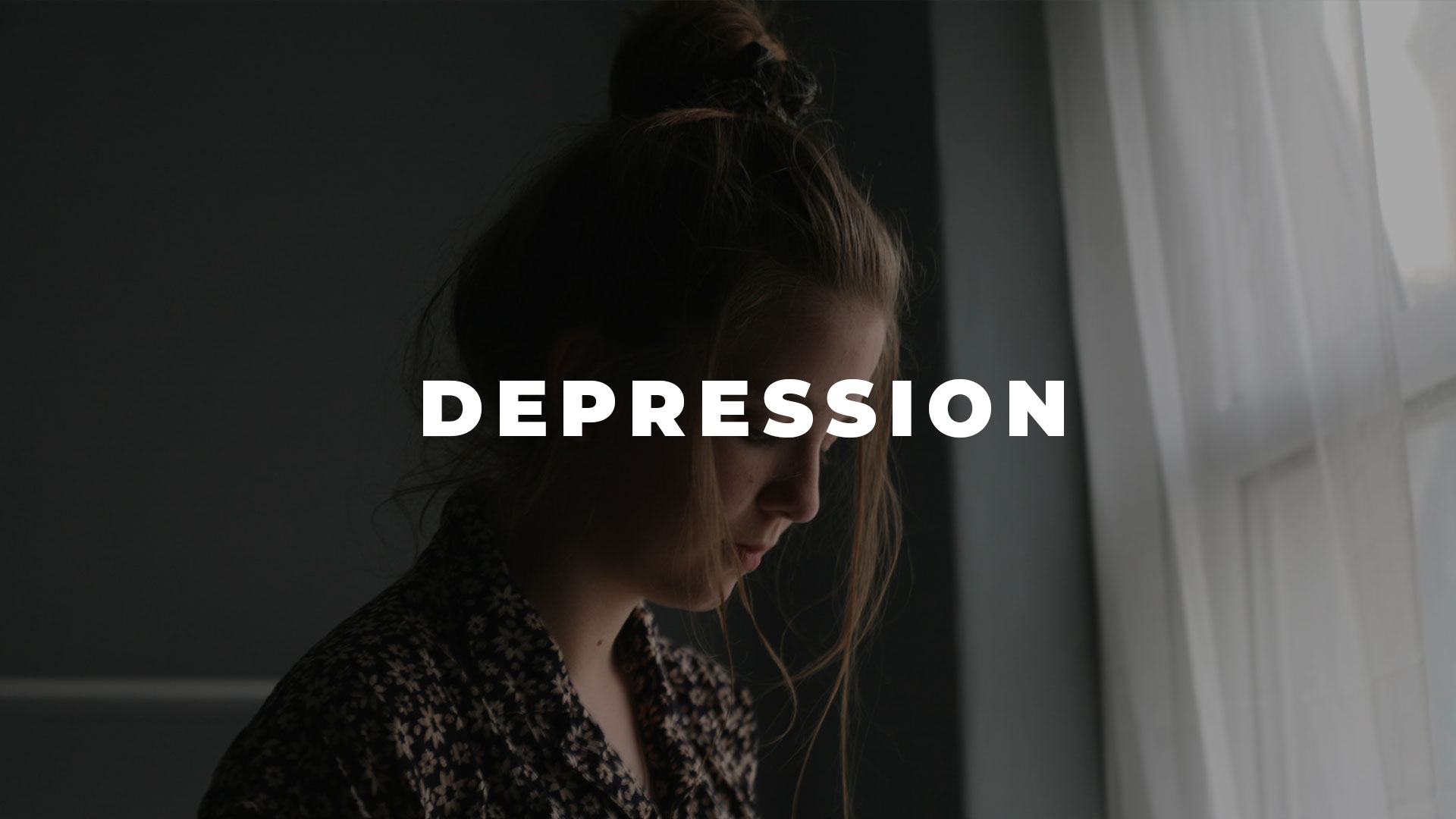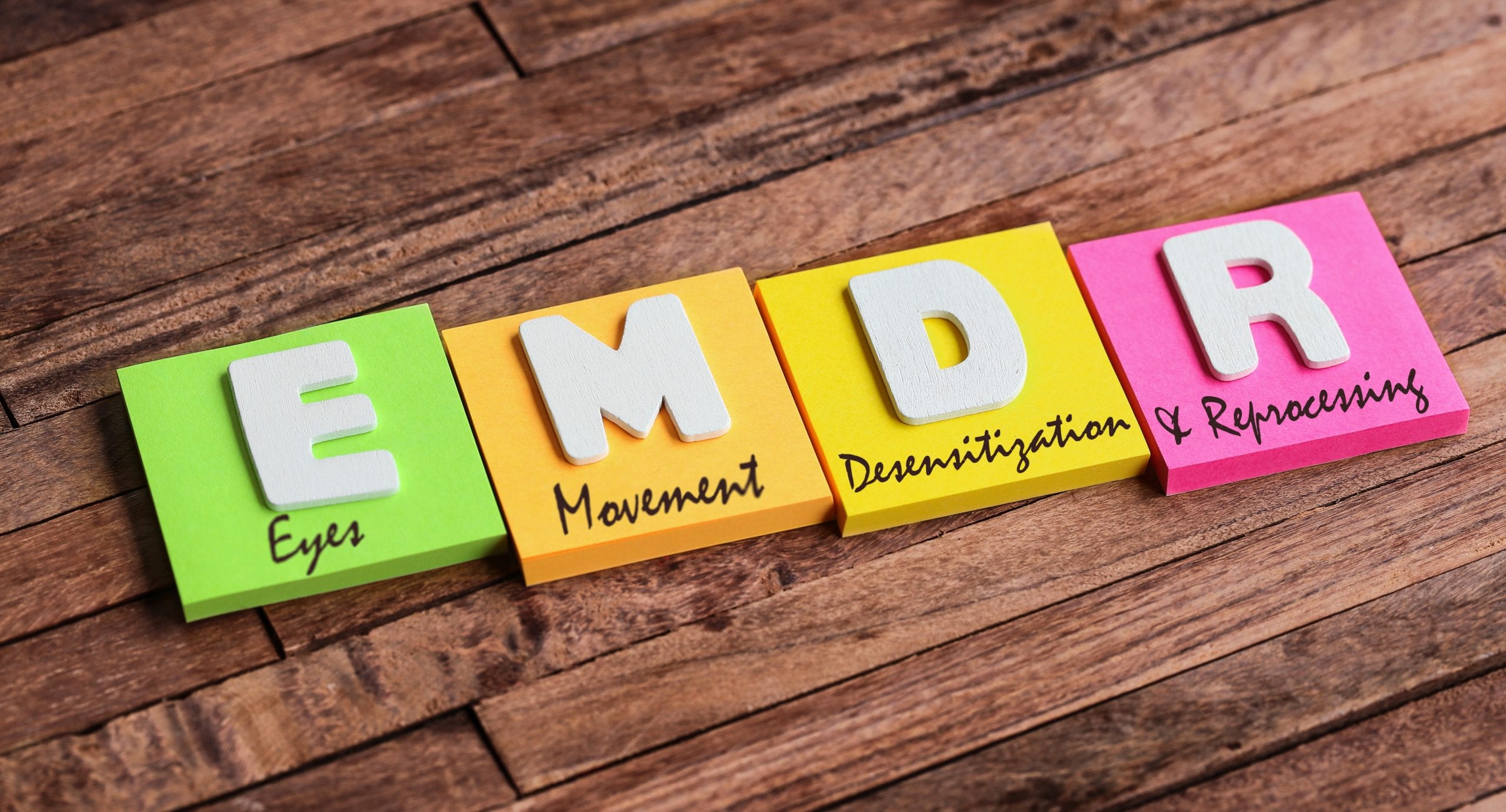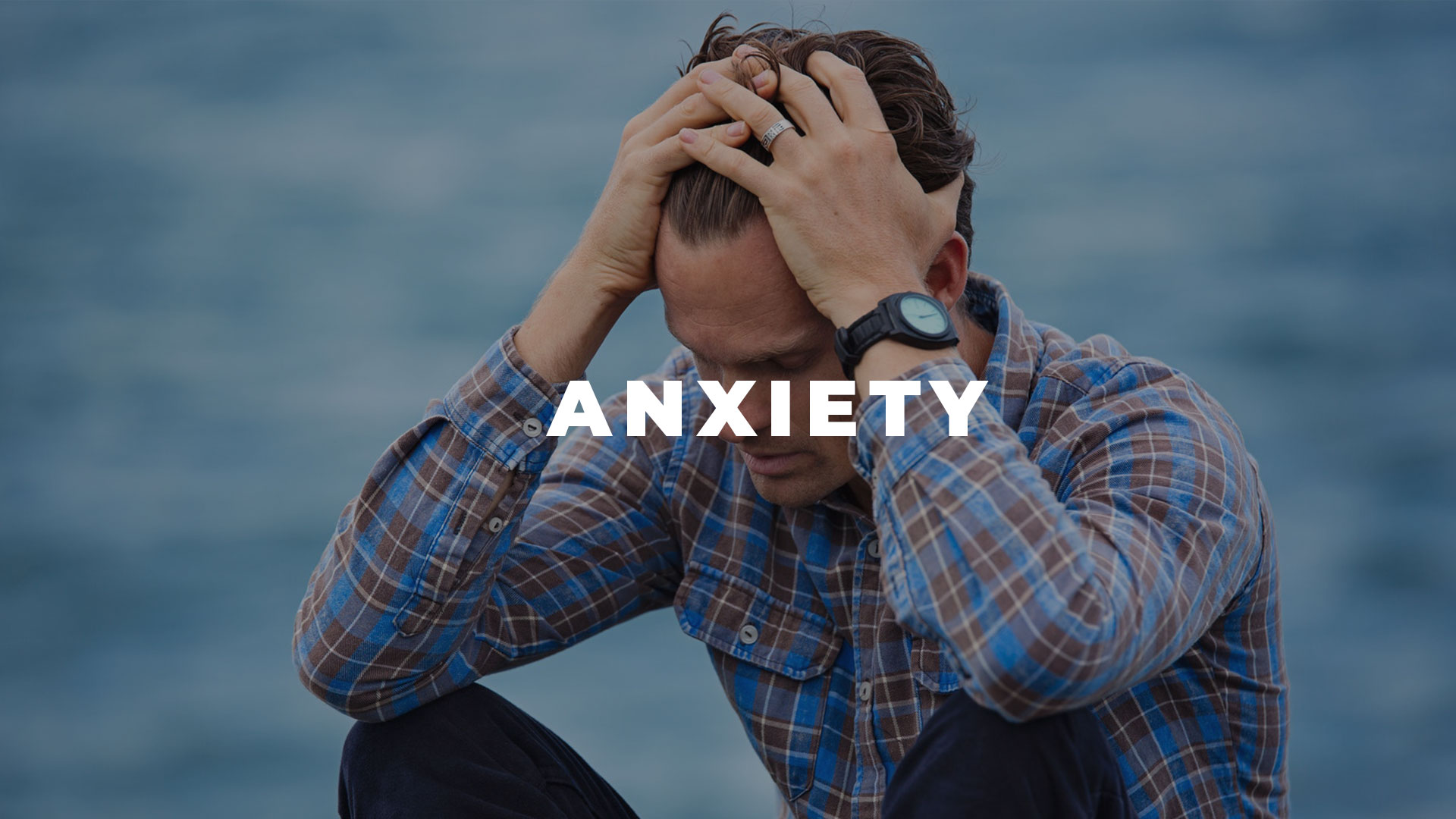
Counselling For Depression In Woking & Guildford
What is depression?
Feeling low is a normal reaction to loss and suffering, and everyone feels sad sometimes. Depression is often used in everyday talk to describe feeling low, however, depression is often more chronic (long term) and severe (in intensity) than what is implied in our general day to day language. In some cases, people believe they have no reason to feel low, and try to push the feelings away but also feel guilty for having them; causing a secondary distress. Low feelings are a common and natural part of living. However, if this feeling lasts for weeks or months, and begins to interfere with your ability to enjoy life and function in day to day activities, it might be worth thinking about professional support for depression.
People with depression often experience:
Low Mood
For an extended period of time and prolonged feelings of sadness.
Feelings of hopelessness
Feeling that things will never better.
Loss of interest
Not feeling motivated to engage in hobbies or social activities which you previously enjoyed.
Appetite or weight changes
Gaining or losing weight.
Change in sleeping patterns
Not being able to sleep or sleeping too much.
Easily angered or irritable
Feeling restless, agitated and short tempered.
Aches and pains
Experience an increase in headaches, aching muscles, back and stomach pains.
Concentration problems
Inability to focus, make decisions or remember things.
Harmful behaviour
Abusing various substances, engaging in compulsive gambling, reckless driving or other dangerous activities.
Loss of energy
Feeling physically drained, fatigued or exhausted.
What Causes Depression?
There can be many causes to depression. Major threats or experiences can cause the onset of depression, and so can repetitive, minor experiences which drip feed negativity into the perception of an individual. The effect this can have is that the person’s perceptions of the world, and themselves, can become restricted by this negativity; as can the range of emotional experiences and reactions.
Depression can also arise from a conflict between an individual’s perception of themselves, and the person they feel they ‘ought to be’ – leading to difficulties in self-acceptance. Throughout life, we internalise ideals from others (parents, friends, society), and these internalisations can form a concept of who we believe we should be, which can sometimes be at a mismatch with who we are, or, can be such a tall order that we fail to meet expectations. In turn, we can then dismiss our self-worth with a negative internal dialogue which exacerbates the issue, further restricting or view of ourselves.
It can often be useful to think of ourselves in the form of ‘parts’, a set of self-concepts which form a whole person. For example, you may have said to yourself “a part of me thinks X, but then another part of me thinks Y & Z. Different ‘parts’ of ourselves are said to formed to adapt to different situations. For example, I may have a part of me which acts as a father, a part that thinks and acts how I believe a father should be. On the other hand, there may be a part of me which acts as a partner, friend or worker and I act in way which I perceive to be appropriate considering which role I am in. Thoughts, beliefs and actions can often differ between these parts even though each role is taken on by the same individual at different times. Sometimes there is conflict between ‘parts’ which can be difficult to manage, however, one of the main issues is often one ‘part’ taking over inappropriately Meaning one (or several) aspects of the individual is regularly minimised and discounted or not used in situations where those parts are needed to adapt to the current situation.
Depression can have a big impact in people’s lives. When in a depressive state, perception of the world can be restricted to negative views, as can an individual’s self-worth, self-esteem, self-confidence. This can greatly impact on a person’s hope for the future and indeed present moment – leading to a sense of hopelessness and feeling of pointlessness and lack of motivation or desire. Life can be stunted, opportunities not seized, friends can be rejected due to feeling of not deserving them and overall life can just feel dark; along with a gloomy and an incredible feeling of being stuck which seems impossible to shift.
Counselling can help work though all of these difficulties. Processing the conflicts within oneself and working through your self-concept and the self which one ‘ought to be’ can help untangle the experiences causing depression to arrive at a place where self-acceptance is achievable and can alleviate the symptoms associated with depression. As a result, the view of oneself, and life in general, is no longer restricted to negativity, emotions no longer restricted to low and overwhelming experiences, and balance can be restored between different ‘parts’ of an individual’s personality.
Common manifestations of depression include:
Feeling sad, fatigued or unmotivated after the birth of a child
Women sometimes experience depression following childbirth, often referred to as post-natal depression. This is often caused by a combination of hormonal changes andpsychological adjustments to the reality of motherhood. It occurs from two weeks, up to two years after giving birth.
Feeling low during winter- Seasonal Affective Disorder (SAD)
A common form of depression is when people experience a low mood when summer turns to winter. People usually start feeling sad at the beginning of autumn and feel better sometime during spring. This form of depression is closely related to the lack of sunlight during the winter season.
Experiencing sudden fluctuations in mood
One form of depression is when people experience extremely high and low moods in quick succession. Along with the sudden shifts in mood, people’s energy and activity levels also change dramatically and this affects how they make both minor decisions and important life choices.
Unfortunately, everyone feels down every now and then. However, depression is more severe, longer lasting and can effect several areas of life. If you are experiencing these feelings for more than two weeks or you are unable to function at home or work then it might be helpful to seek professional psychological support.
Contact Craig today for any enquiries.
Explore
common concerns
Get in touch






